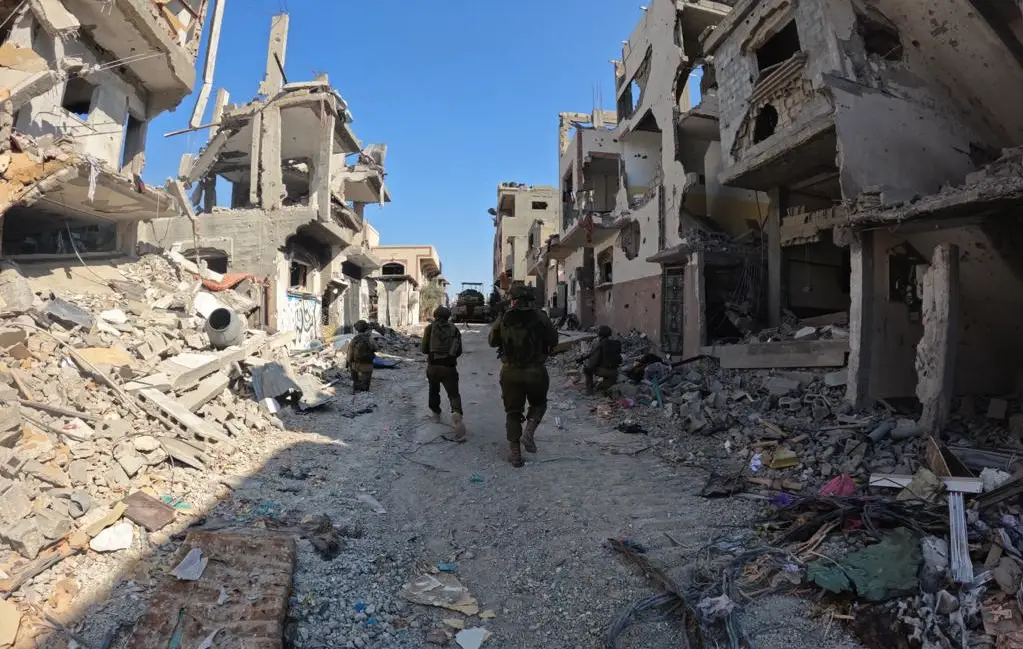The Gaza genocide reveals the limits of global comprehension and outrage. Pre-existing global affiliations have driven automatic limitations with one side or the other. Without deep moral questioning, regimes and regions aligned with U.S. global dominance support Washington’s backing of Israel, while much of the international community opposes it.
The central power and its opponents
The United States relies on unwavering allies in the G7 and NATO. These countries present themselves as champions of a free and democratic world, yet they wield military, economic, political, and ideological dominance. Those who step outside these limits become renegades and may face commercial sanctions, military encirclement, or outright occupation and destruction, reducing them to pariah states.
Countries most affected by U.S. military and economic control were among the first to join South Africa’s lawsuit against Israel before the International Court of Justice on December 29, 2024, accusing Israel of genocide in violation of the 1948 Convention. These nations also support the International Criminal Court’s arrest warrant for Israeli Prime Minister Benjamin Netanyahu and Defense Minister Yoav Gallant.
Regional responses
Several regional organizations have repeatedly condemned the genocide. The Gulf Cooperation Council, the Organization of Islamic Cooperation, and the Shanghai Cooperation Organization have all urged Israel to halt the war, facilitate humanitarian aid, and respect Palestinian rights. In contrast, the G7’s statement in May condemned Iranian attacks on Israel, without mentioning Israel’s strike on the Iranian embassy in Syria. In July, NATO’s Washington summit emphasized increased military spending to counter Russia, China, Iran, and North Korea, its main adversaries.
Out of 193 UN member states, 145 recognize Palestine as a state—75%. The remaining third includes the U.S. and its allies, except for Spain, Ireland, Norway, and Sweden. Regionally, the 55 members of the African Union defend Palestinian self-determination, obstructed by Israel’s occupation, which is why they have overwhelmingly supported South Africa’s case before the ICJ.
In Asia, the Association of Southeast Asian Nations called on the UN Security Council to intervene and stop the war, while advocating Palestine’s full membership in the UN. The Shanghai Cooperation Organization, comprising 26 countries, condemned religious, racial, and xenophobic intolerance and Israel’s destruction of Gaza. Similarly, the Organization of Islamic Cooperation urged an end to the war and the recognition of a Palestinian state.
What about Latin America?
In Latin America and the Caribbean, the genocide has deepened regional political divides, with countries taking varied stances on Israel’s actions.
Those in solidarity with Palestine and vocal about the atrocities generally agree on four key points. First, the Palestinian uprising is a response to violent colonization, which began in the 19th century with Jewish migrants later armed by Britain to escalate the displacement of the local population.
Second, Israel’s disproportionate response to the October 2023 attacks is beyond typical genocide and amounts to extermination, as defined by the UN Commission. Third, Israel can wage simultaneous wars in Palestine, Lebanon, and Yemen because of U.S. and allied military, financial, and media support. Finally, weakening Israel’s position through economic and political isolation, with UN intervention, is the only way to halt the attacks.
Brazil and Colombia, along with the regimes in Cuba, Nicaragua, and Venezuela, have led regional solidarity efforts. They collectively urged CELAC to speak out in March; however, only 19 of its 33 member countries backed the UN Secretary-General’s call to grant Palestine full statehood.
Countries taking an ambiguous stance, such as Mexico and Chile, justify their neutrality out of concern for upsetting transnational corporate and banking interests. Mexico’s solidarity with Palestine dates back to 1947, and in 2012 it supported Palestine’s observer-state status in the UN. In 2024, though President López Obrador backed South Africa’s ICJ case, he refused to formally recognize Palestine or label Israel’s offensive as genocide. In Chile, Boric’s claim of neutrality is widely seen as fictitious, given his disregard for Israel’s expansionist agenda. Meanwhile, Argentina and Paraguay opposed the UN General Assembly’s call for a ceasefire.
Israel’s disproportionate response to Hamas’ October 2023 attack has prompted contrasting reactions from countries and regional organizations, reflecting the political fracture in the international community. Central powers closely aligned with U.S. hegemony justify the Palestinian genocide under the guise of self-defense, while most Asian and African nations and their regional bodies condemn Israel’s occupation and advocate full Palestinian statehood. Latin America remains polarized, with responses ranging from severing diplomatic ties to supporting Israel’s offensive.













